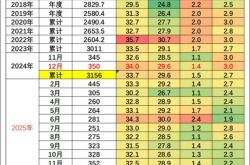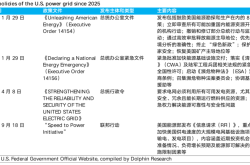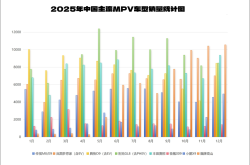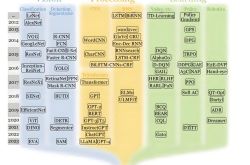Volkswagen can't hold on, German Chancellor and Labor Unions: No layoffs, no factory closures
![]() 11/25 2024
11/25 2024
![]() 569
569
Volkswagen, this brand was definitely well-known in China a few years ago.
Volkswagen entered China in 1984, partnering with Shanghai Automotive to establish Shanghai Volkswagen, the first foreign automaker to establish a joint venture in China.
From 1984 to 2023, spanning 40 consecutive years, Volkswagen (including SAIC Volkswagen and FAW-Volkswagen, collectively known as North-South Volkswagen) has consistently ranked first in sales in the Chinese market.
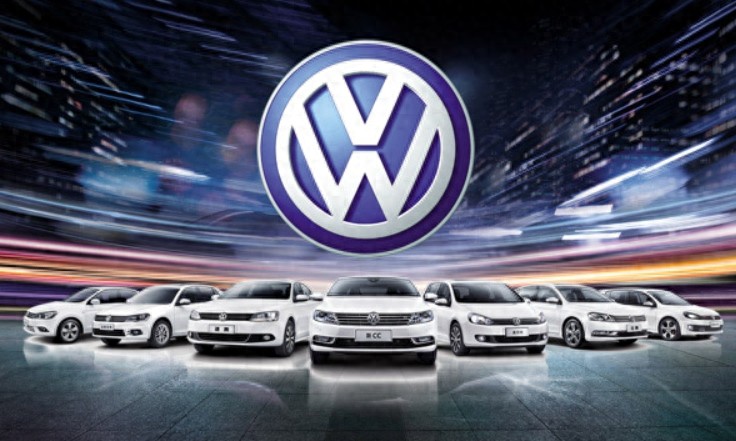
Therefore, a few years ago, when buying a car, almost everyone considered Volkswagen. When purchasing a car, comparisons were often made with Volkswagen, showcasing its prominence. As a result, Volkswagen was indeed in the spotlight in China a few years ago. For popular models, long waiting times and price markups were common.
However, as the situation has changed in recent years, Volkswagen has been on the decline.
Firstly, the pandemic in previous years led to a decline in global car purchases, which also affected Volkswagen's global sales.
Additionally, the Chinese market has dealt a heavy blow to Volkswagen. Due to its inadequate electric transformation, it is completely unable to compete with Chinese automakers. Volkswagen's sales in the Chinese market can no longer be sustained, and it has lost its position as the top seller in China in 2024, surpassed by BYD.
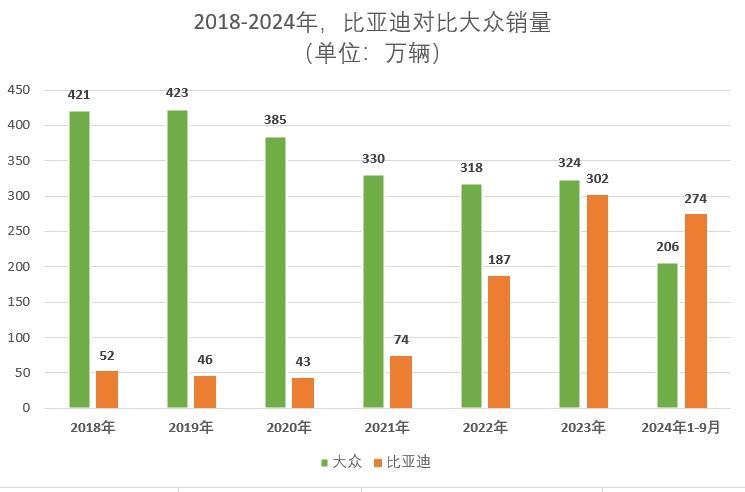
According to Volkswagen's reports, from January to September this year, Volkswagen delivered 6.5243 million vehicles globally, a decline of 2.8%. In the Chinese market, it delivered 2.057 million vehicles, a decline of 10.2%, already falling behind BYD and ranking second in the Chinese market.
Volkswagen also stated that since the pandemic, Europe has sold 2 million fewer cars, with an annual decrease of 500,000 sales. Globally, at least 5 million fewer cars have been sold, with an annual decrease of over 1 million sales. This represents Volkswagen's biggest loss. Crucially, these lost demands will not return, and Volkswagen's sales will not recover to previous levels even after the pandemic ends.
For this reason, Volkswagen made a difficult decision some time ago, planning to close two factories in Germany, lay off approximately 10,000 workers, and reduce annual production capacity by approximately 500,000 units.

Volkswagen believes that since demand cannot be restored, excessive production capacity is meaningless and would result in significant vacancy costs due to excess workers and facilities, which Volkswagen cannot afford. Therefore, layoffs and factory closures are necessary.
However, Volkswagen's decision has stirred up a hornet's nest. Volkswagen signed an employment guarantee agreement with labor unions in 1994, promising no layoffs in Germany until 2029. Now, violating this commitment is unacceptable.
As a result, German labor unions are strongly protesting, claiming it violates workers' rights and opposing both layoffs and factory closures.
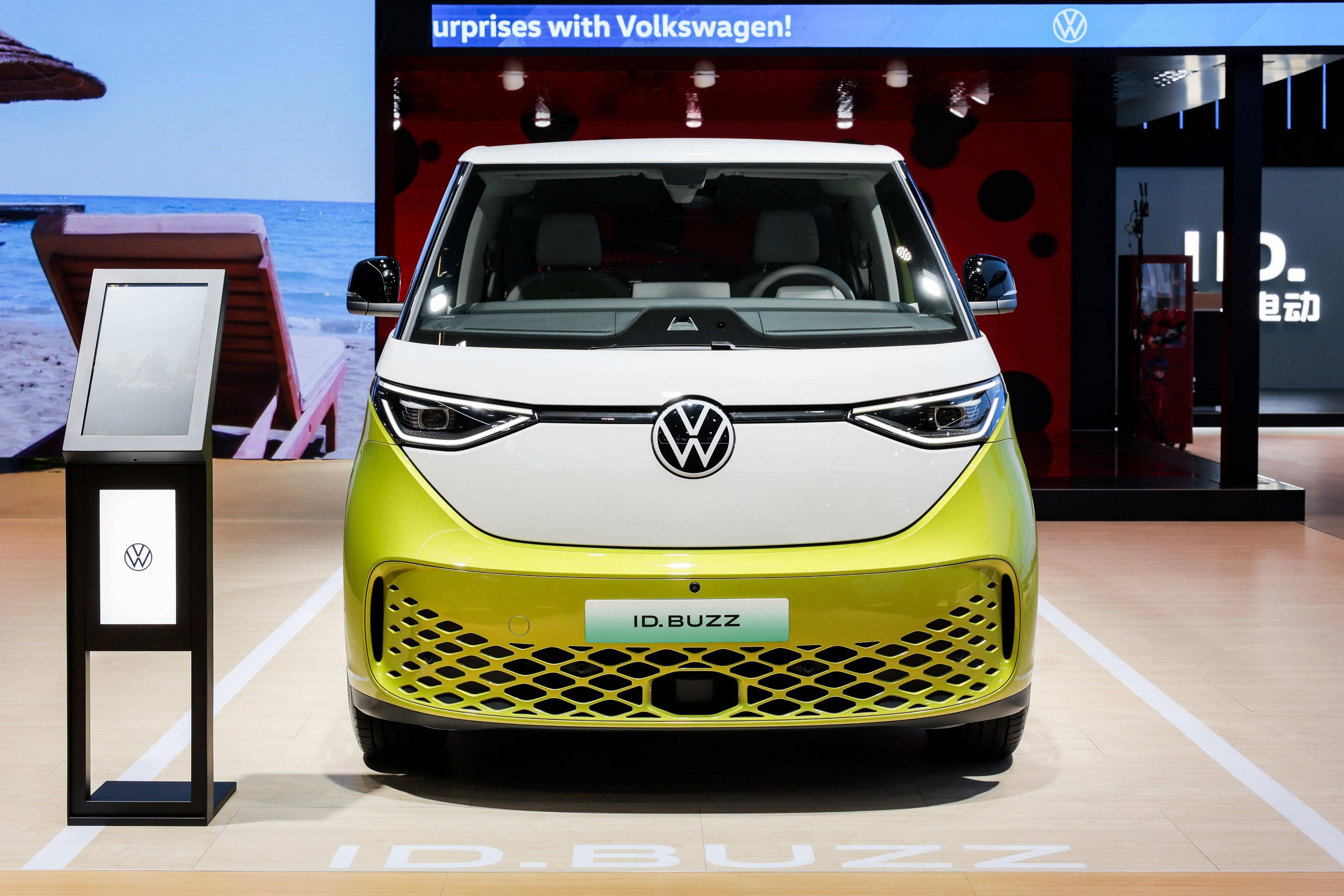
Not only are labor unions opposing layoffs and factory closures, but the German government is also alarmed. It is reported that the German Chancellor even met with the CEO of Volkswagen for closed-door talks, hoping to avoid layoffs and find alternative solutions.
However, the problem is that cars are not selling, and the market is declining. What should Volkswagen do if it does not lay off workers or close factories? Keep these workers idle?
It is reported that the labor unions' solution for Volkswagen is to reduce labor costs, delay bonuses, and reduce workers' working hours, essentially paying workers less but avoiding layoffs. They warn that if Volkswagen insists on layoffs, it will trigger the largest strike in decades.
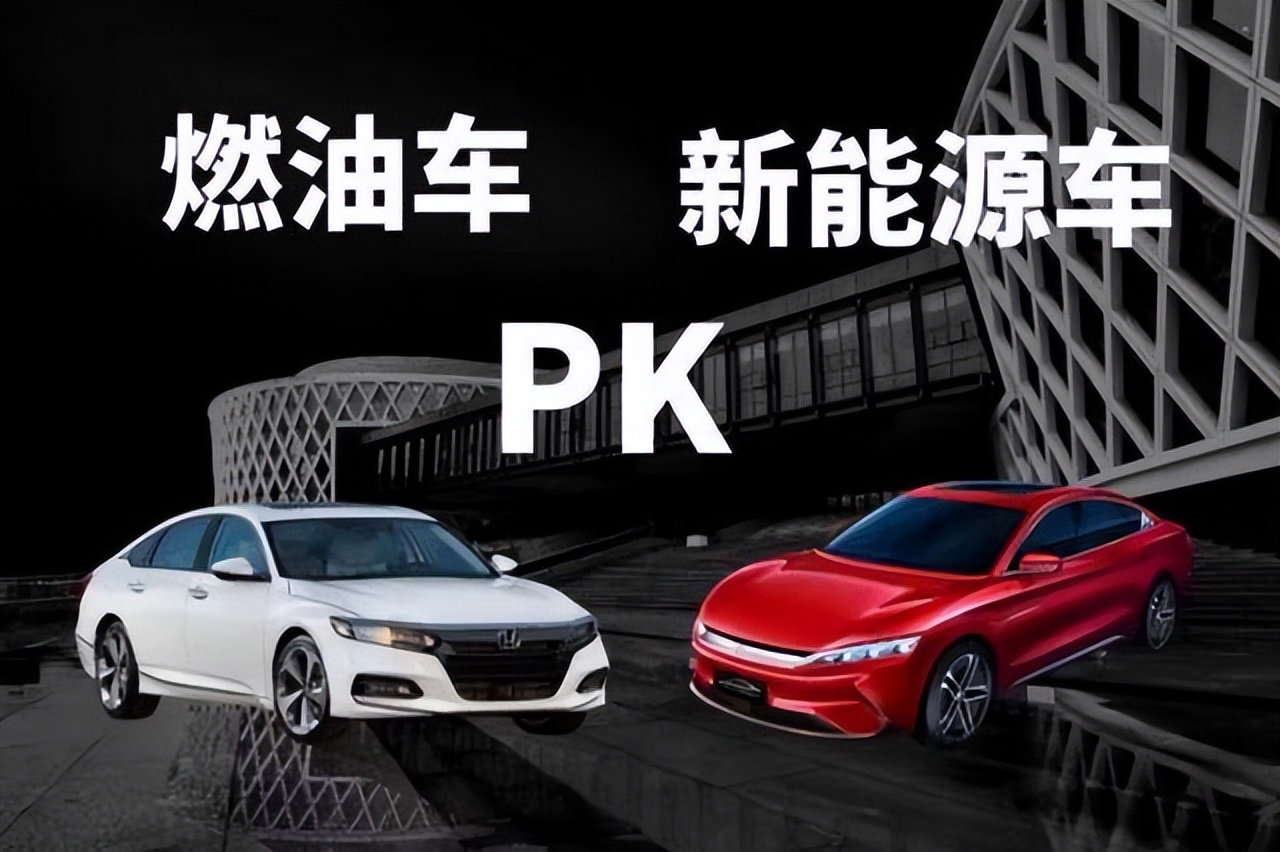
What will Volkswagen do next? Compromise with labor unions or insist on layoffs? It is estimated that Volkswagen is in a dilemma.
Of course, some find it incredible that even layoffs are not entirely up to the company in Germany. If labor unions oppose layoffs, they cannot proceed? In fact, this is true. In Europe, labor unions are very powerful, and companies dare not confront them.

